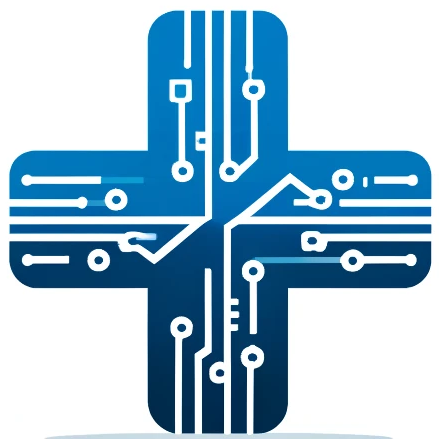
I’ve been exploring AI for years. The cleverness of it is captivating, but there’s a problem, particularly when we think about using it in healthcare: trust. We need machines that don’t just give answers, but explain how they got them.
Deep learning is impressive. Feed it enough data, and it can spot patterns humans miss. But how does it do it? Often, we don’t know. It’s a “black box.”
This matters in many fields. It matters profoundly in healthcare. Doctors need to understand the reasoning behind a diagnosis or treatment recommendation. They can’t just take a machine’s word for it. Lives are at stake.
So, how do we build AI that’s both powerful and explainable? One promising approach is Neuro-Symbolic AI.
The idea isn’t just to combine two techniques. It’s to recognise that real intelligence needs both pattern recognition (what neural networks do well) and logical reasoning (what symbolic systems provide).
Symbolic AI is about representing knowledge with explicit rules and symbols. Think of it like giving the machine a rulebook, a set of established principles it can use to deduce conclusions. It’s not just learning from data; it’s reasoning with knowledge.
Neuro-Symbolic AI tries to bring these two things together. The aim is a machine that can learn from data and explain its reasoning, step by step.
Imagine a medical AI that doesn’t just say, “80% chance of this condition.” It says, “80% chance because of these factors, based on these established guidelines, and considering these specific details about the patient.”
That’s a huge difference. It means doctors can work with the AI, not just blindly follow it. It means patients can have more confidence in the decisions.
Building this is hard. It’s not a simple tweak to existing methods. It requires rethinking how we build intelligent machines. But in healthcare, where trust is paramount, the potential rewards are enormous. It’s about making AI a reliable partner, not just a clever tool.
If you would like to explore this further, here are three exciting open-source Neuro-Symbolic AI libraries to get you started:
1) Scallop
2) PyReason
3) Torchlogic
What are the biggest obstacles to making AI truly understandable? I’m still figuring it out. Let’s discuss.
Haran
LinkedIn
